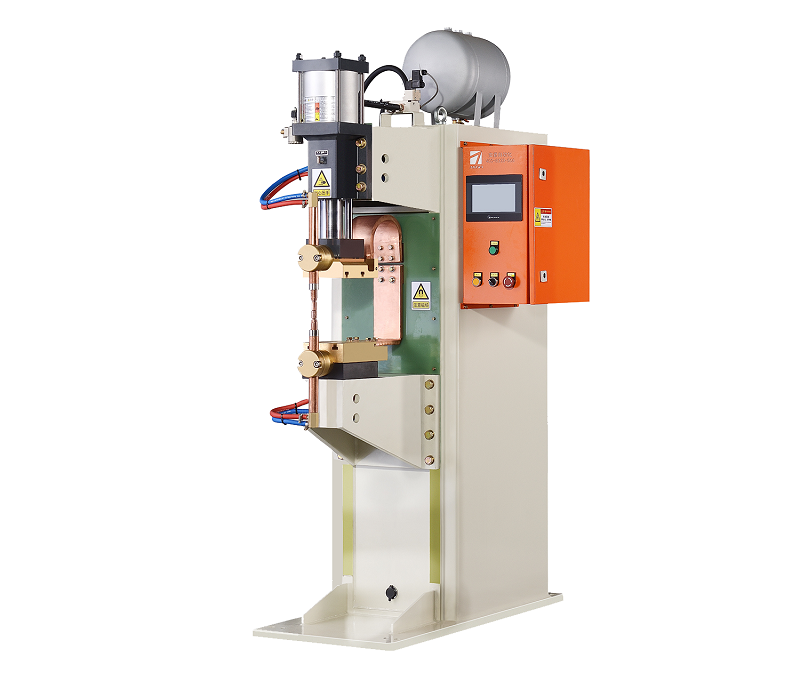The welding performance of a medium frequency inverter spot welding machine is influenced by various factors that can significantly impact the quality and effectiveness of the welds. Understanding these factors is essential for optimizing the welding process and achieving satisfactory results. In this article, we will explore the key factors that can affect the welding performance of a medium frequency inverter spot welding machine.

- Material Properties: The properties of the materials being welded play a crucial role in the welding process. Factors such as the type of material, thickness, surface condition, and conductivity can affect the heat transfer, weld penetration, and overall weld quality. It is important to select appropriate welding parameters and techniques based on the specific material properties to ensure a successful weld.
- Electrode Design and Condition: The design and condition of the electrodes used in the spot welding process can significantly impact the welding performance. Factors such as electrode shape, size, material, and surface condition can affect the electrical contact, heat distribution, and weld formation. Proper electrode selection, regular maintenance, and periodic replacement are necessary to maintain consistent and reliable welding results.
- Welding Parameters: The selection and adjustment of welding parameters, including welding current, welding time, and electrode force, are critical in achieving desired welding results. Improper parameter settings can lead to inadequate weld penetration, excessive spatter, or insufficient fusion. It is important to refer to welding parameter guidelines, conduct trial welds, and make necessary adjustments to optimize the welding parameters for each specific application.
- Machine Calibration and Maintenance: The overall performance of the medium frequency inverter spot welding machine relies on its calibration and regular maintenance. Factors such as transformer calibration, electrode alignment, cooling system efficiency, and electrical connections can affect the welding performance. Regular machine inspections, maintenance, and calibration ensure proper functioning and consistent welding results.
- Operator Skill and Technique: The skill and technique of the operator significantly impact the welding performance. Factors such as electrode positioning, pressure application, and consistent operation can affect the weld quality. Proper training, experience, and adherence to best practices are crucial for achieving consistent and reliable welds.
The welding performance of a medium frequency inverter spot welding machine is influenced by various factors, including material properties, electrode design, welding parameters, machine calibration, and operator skill. By considering and optimizing these factors, operators can enhance the welding process, improve weld quality, and achieve successful spot welds. It is important to continuously monitor and evaluate the welding results, make necessary adjustments, and strive for continuous improvement in the welding performance.
Post time: Jun-05-2023


